Meta Platforms CEO Mark Zuckerberg appeared in court Monday in Washington, D.C., to defend his social media company against federal allegations that it is a monopoly.
Meta, the parent company of Facebook, Instagram, and WhatsApp, is set to face the Federal Trade Commission on Monday in the first day of a landmark antitrust trial that could lead to the company’s dissolution.
For Zuckerberg, the case could determine whether the business empire he began building while still a Harvard University student will be forced to disband.
The trial will be the first major test of President Trump’s willingness to take on Big Tech, which has long been a Republican target. The lawsuit was originally filed against Meta — then known as Facebook — in 2020, during Mr. Trump’s first term, before being amended in 2021.
In its complaint, the FTC accuses Meta of “anticompetitive conduct,” claiming that the company’s ownership of Instagram and WhatsApp gives it undue control over the social media market.
“There’s nothing wrong with Meta innovating,” said Daniel Matheson, lead attorney for the FTC, in his opening remarks for the agency Monday. “It’s what happened next that is a problem.”
During his testimony on Monday, Zuckerberg defended his decision to buy Instagram and refuted FTC claims that he did not invest in developing the app.
Instagram and WhatsApp were acquired by Facebook in 2012 and 2014, respectively, and have grown into social media powerhouses.
To restore competition, Meta must part ways with Instagram and WhatsApp, according to court documents. The FTC also wants Meta to give the government prior notice of any future mergers and acquisitions.
Here’s everything you need to know as the landmark trial gets underway.
How long will the Meta trial last, and who will testify?
The trial, which will begin Monday in federal court in Washington, D.C., is expected to last several weeks.
The case will be presided over by U.S. District Judge James Boasberg, and it could feature a number of witnesses, including Meta CEO and founder Zuckerberg, former Meta Chief Operating Officer Sheryl Sandberg, former Meta Chief Technology Officer Mike Schroepfer, Instagram co-founder Kevin Systrom, and executives from rival social media platforms.
What is happening in court today?
The FTC and Meta presented their opening arguments on Monday, with witness testimony scheduled to begin in the afternoon.
In his opening statement, lead FTC attorney Matheson stated that Meta was struggling to compete with the rapidly growing WhatsApp and Instagram platforms, and that by acquiring them, the tech giant was “eliminating immediate threats” to their market.
Meta stated that the company “did nothing wrong” in acquiring Instagram and WhatsApp. Meta attorney Mark Hansen stated in his opening statement that the two apps have grown significantly under the tech company’s ownership and that there is no evidence to suggest Meta is a monopoly.
Hansen stated that if Meta had monopoly power, it would be able to control pricing in the social media space. He did, however, point out that Meta’s services are free. “How can the FTC maintain this monopolization case when [Meta] has never charged users a cent,” says Hansen.
Following the opening statements, Zuckerberg was the first to take the stand and testify. During his testimony, he discussed Facebook’s attempt to create a photo app to compete with Instagram before deciding to acquire it in 2012.
Zuckerberg admitted that Facebook struggled with mobile users in the early 2010s. “Our whole company had been built up to that point” with desktop software.
Referring to email communications sent by the Meta executive, the FTC stated that Zuckerberg had been monitoring the progress of competitor Instagram. At the time, Facebook was preparing to launch a new photo app.
According to the FTC, Zuckerberg sent an email in February 2011 stating that “Instagram seems like it’s growing quickly” and mentioning their numbers and uploads.
According to the FTC, Zuckerberg sent another email in 2012 explaining why he bought Instagram, stating that it was a good photo-sharing network. At the time, Facebook was “so far behind that we don’t even understand how far behind we are,” he said, adding, “I worry that it will take us too long to catch up.”
Zuckerberg is scheduled to return to court Tuesday morning to continue his testimony.
What’s at stake?
The showdown is the most serious legal challenge Meta has faced in its roughly 20-year history. If the FTC is successful, Meta may be forced to divest Instagram and WhatsApp. Instagram, which Meta has owned for more than a decade, generates half of the company’s total advertising revenue.
“Instagram has also been picking up the slack for Facebook on the user front, particularly among young people, for a long time,” Emarketer analyst Jasmine Enberg told the AP.
“The trial also comes as Meta attempts to reintroduce OG Facebook in an effort to appeal to Gen Z and younger users as they enter social media.
Social media usage is far more fragmented today than it was in 2012, when Facebook acquired Instagram, and Facebook is no longer the hangout spot for cool college students.
Meta requires Instagram to continue growing, especially as more advertisers prioritize Instagram with their Meta budgets,” she explained.
Meta, headquartered in Menlo Park, California, generated more than $164 billion in revenue in 2024. Facebook and Instagram are the world’s most profitable social media platforms.
Meta stated on Sunday, April 13, that the “stakes could not be higher in this trial for U.S. consumers and businesses.”
What is Meta saying?
The social media company has described the FTC’s case as “weak” and “ignores reality,” noting that it faces stiff competition from TikTok and YouTube. Both platforms outperform Facebook and Instagram in terms of how much time users spend on them.
“Ultimately, an ill-conceived lawsuit like this will make companies think twice before investing in innovation, knowing they may be punished if that innovation leads to success,” according to Meta’s statement. “On top of it, this weak case is costing taxpayers millions of dollars.”
“The FTC’s lawsuit against Meta defies reality,” a Meta representative told CBS MoneyWatch. “The evidence at trial will show what every 17-year-old in the world knows: Instagram, Facebook and WhatsApp compete with Chinese-owned TikTok, YouTube, X, iMessage and many others.”
“Regulators should be supporting American innovation, rather than seeking to break up a great American company and further advantaging China on critical issues like AI,” according to a spokesperson.
The FTC did not respond to a request for comments.
When did this case get started?
The Meta case dates back several years. The FTC filed the suit in 2020, during President Trump’s first term in office.
In June 2021, U.S. District Judge James Boasberg dismissed the FTC’s antitrust lawsuit, claiming it was “legally insufficient” and lacked sufficient evidence to prove Facebook was a monopoly.
However, the federal judge later cleared the way for the case to proceed after the FTC presented additional evidence in an amended complaint, according to The Washington Post.





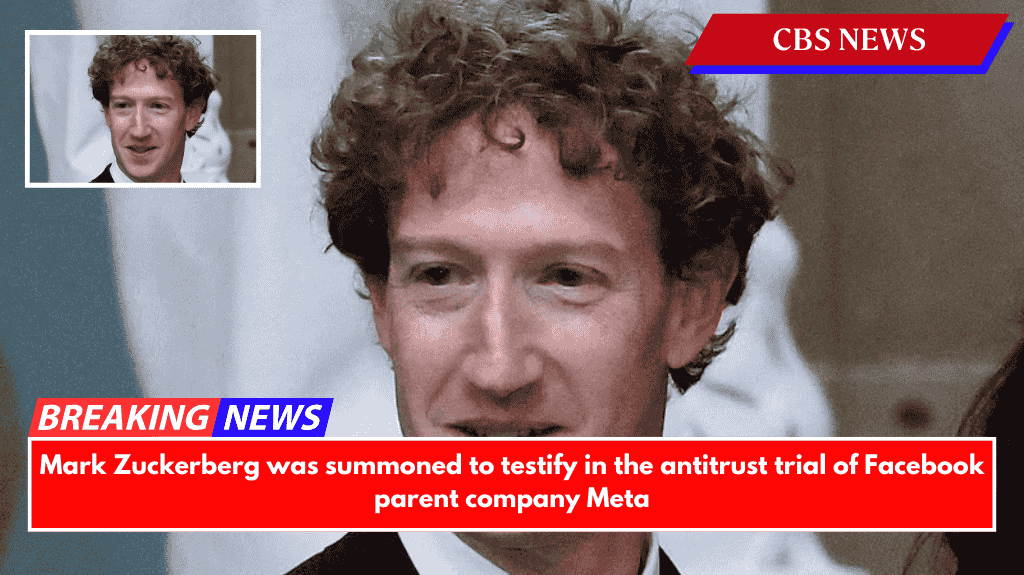

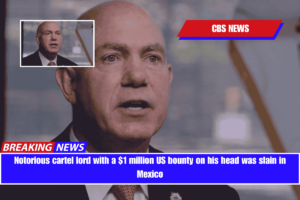

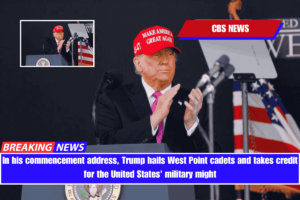




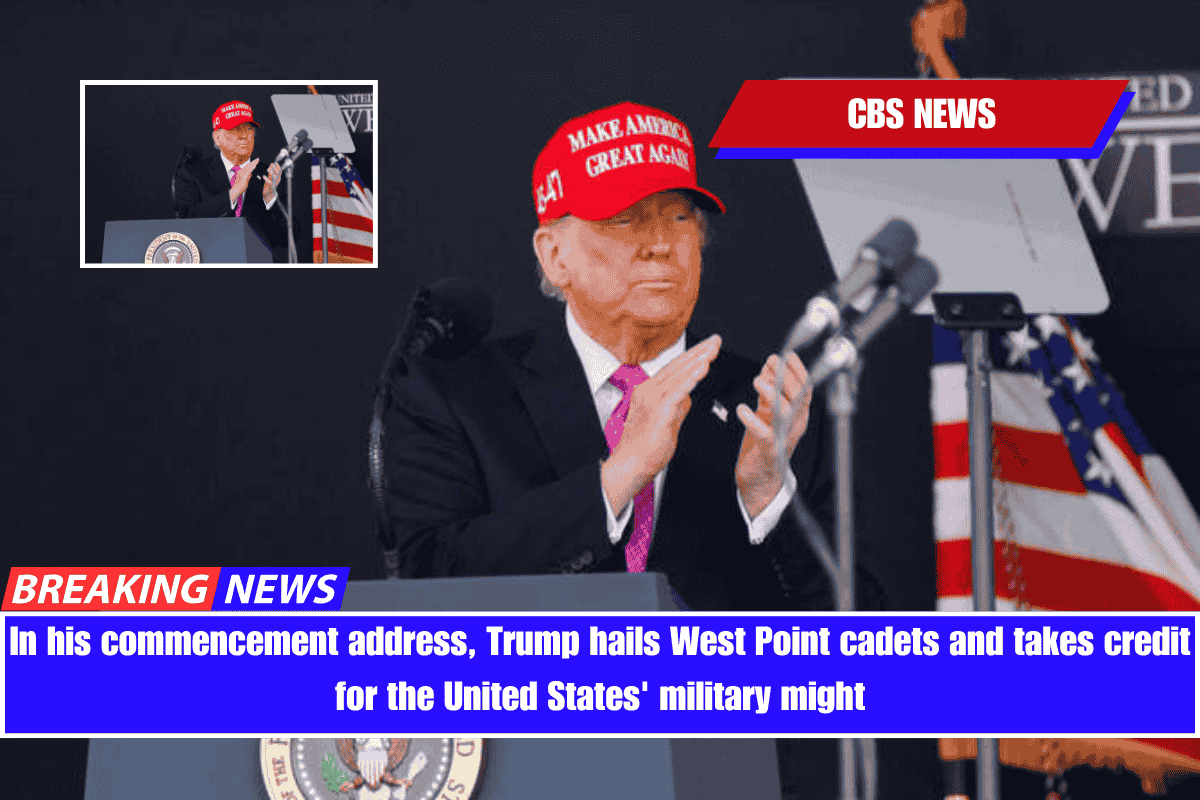
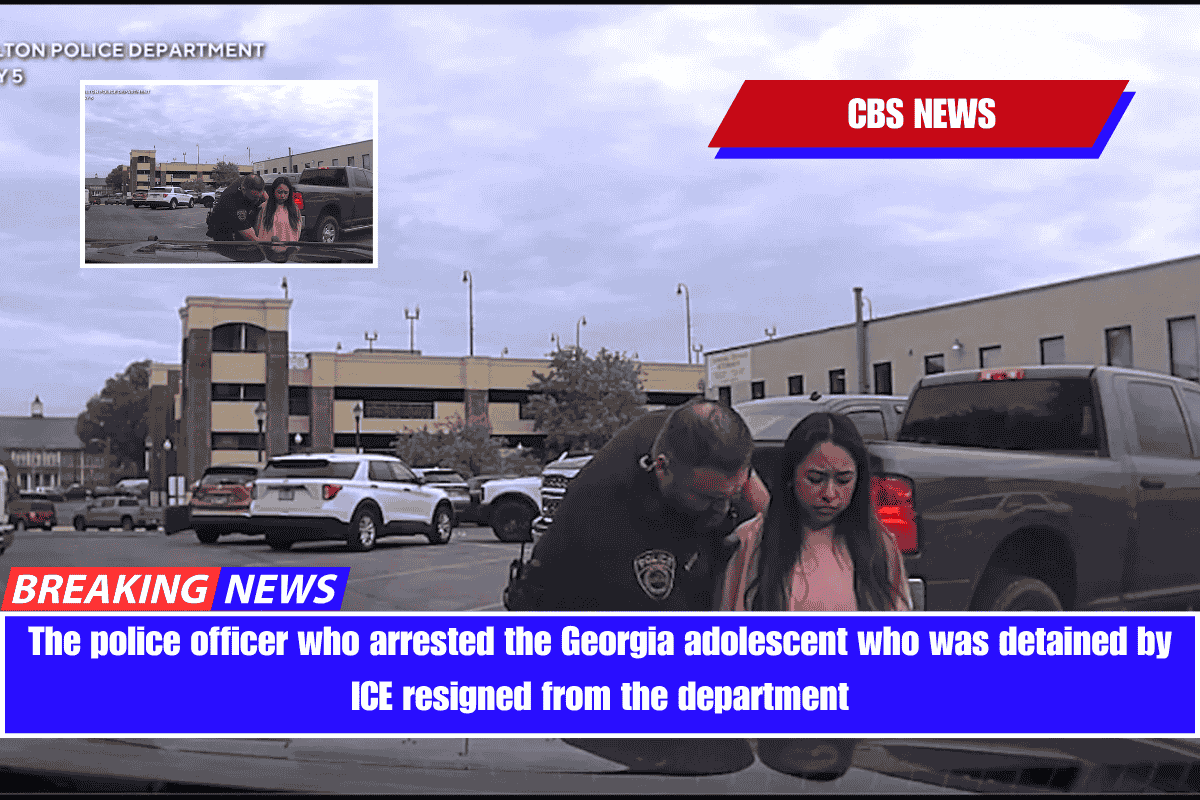

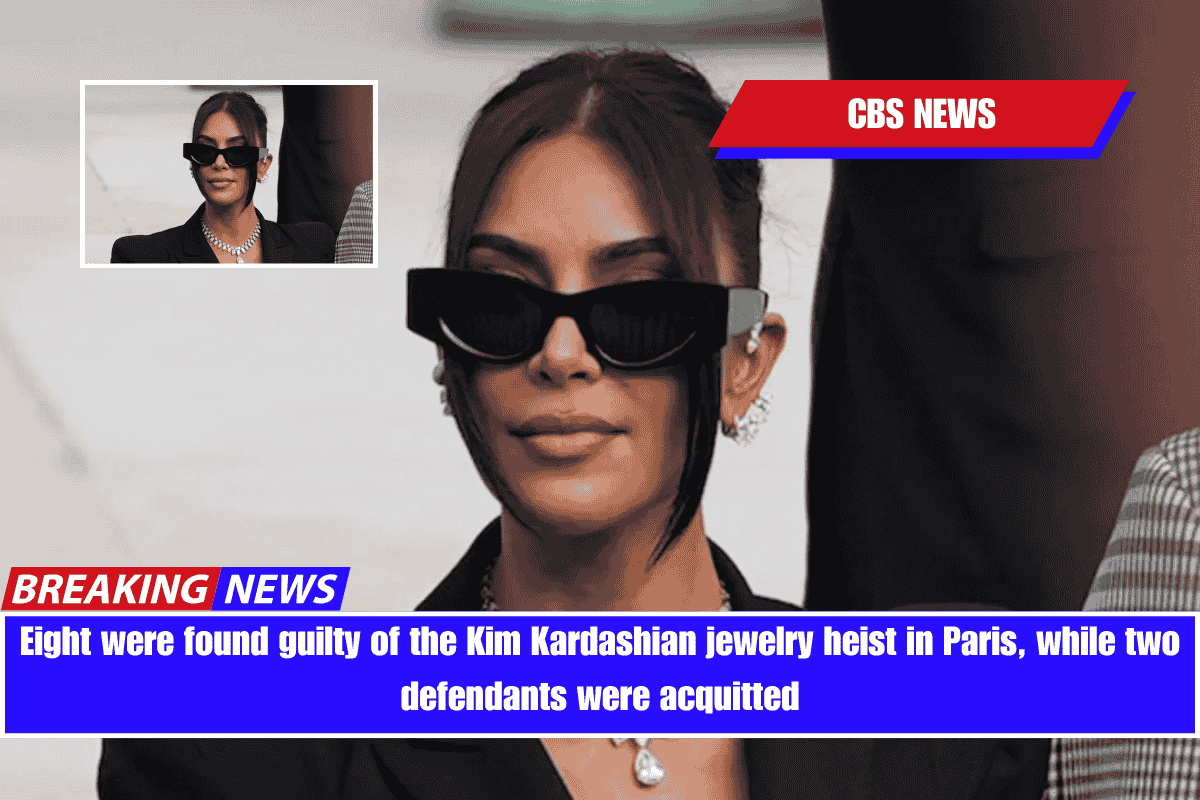
Leave a Reply